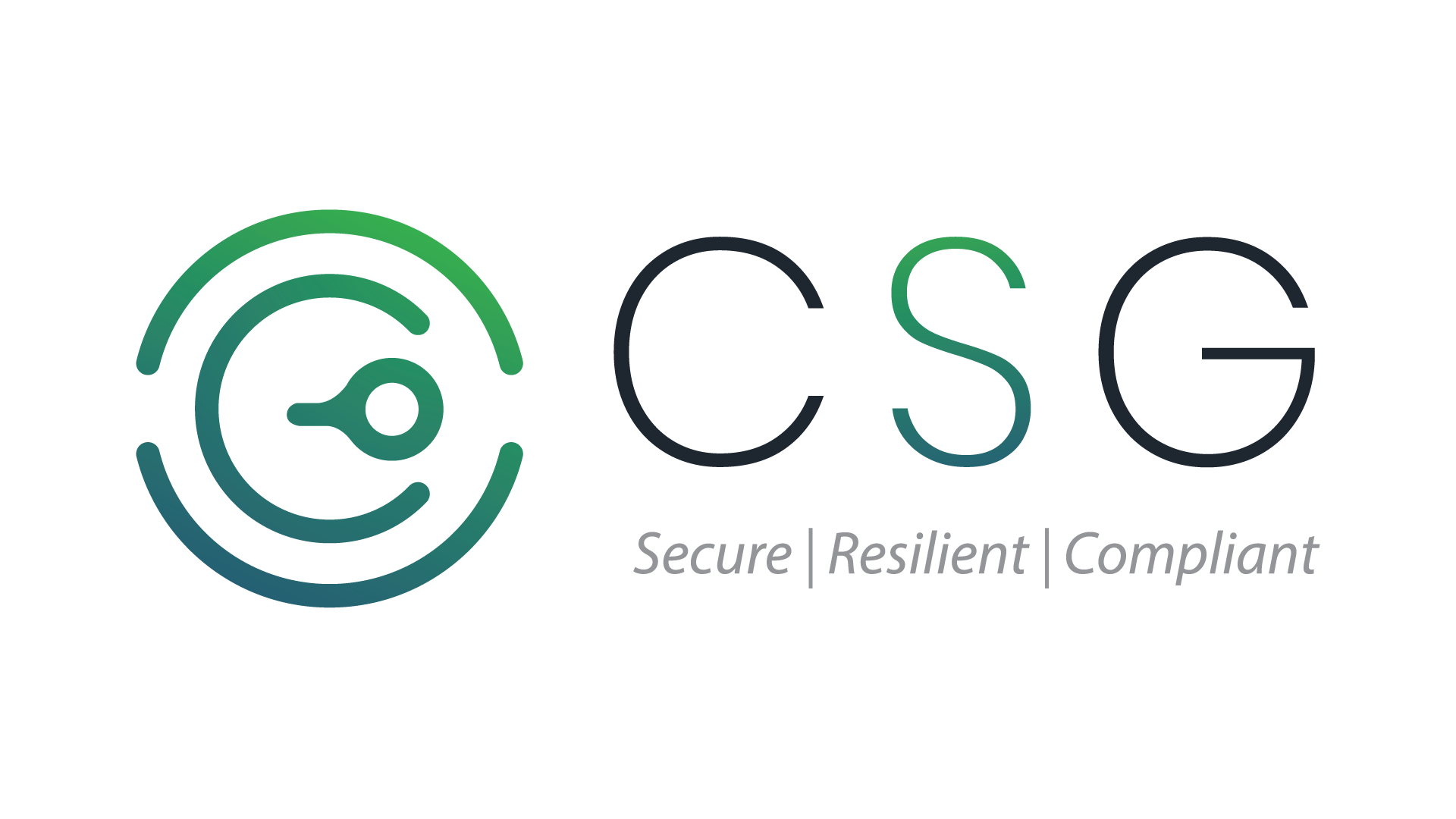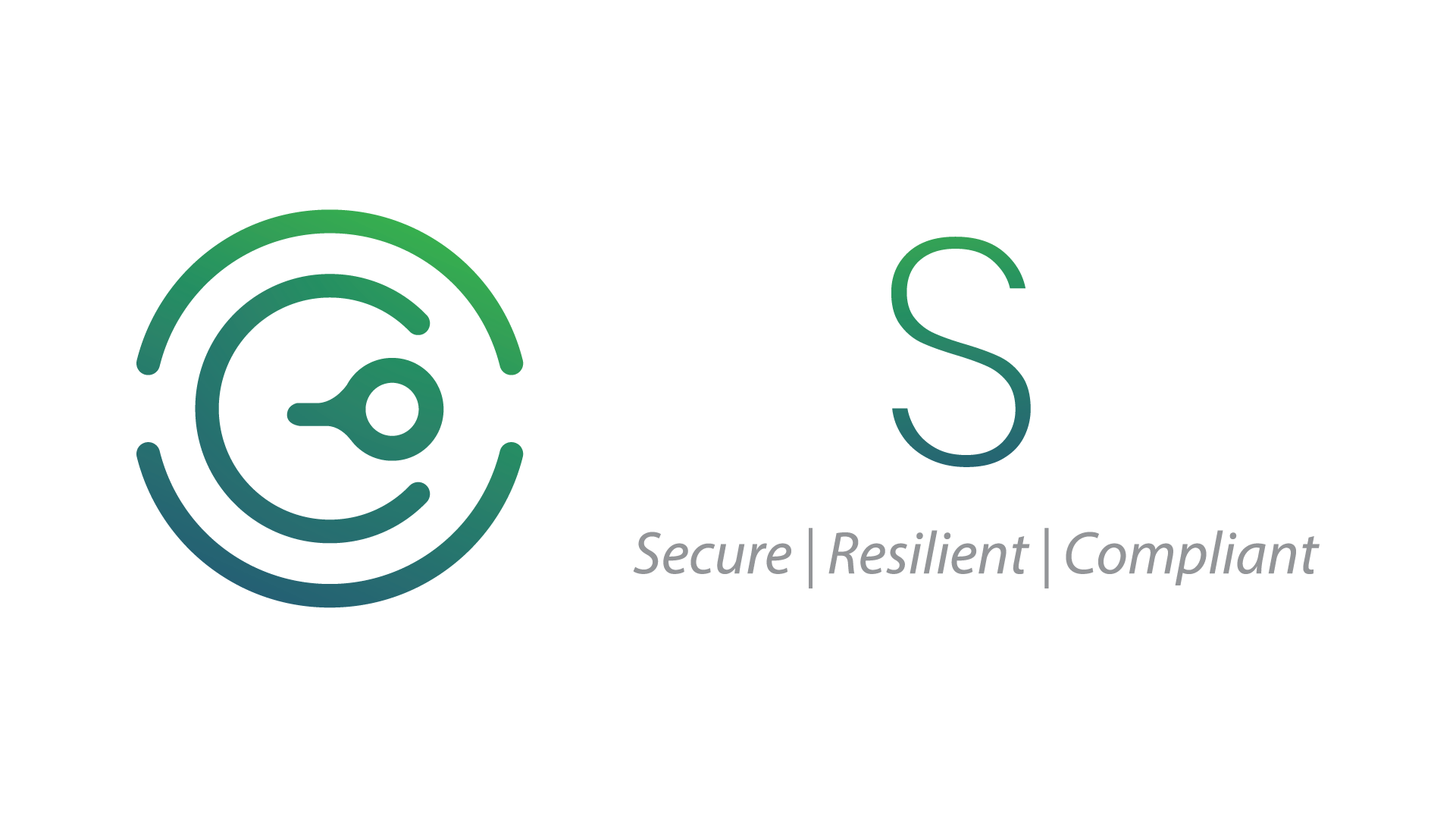
ISO 27001 Certification in Saudi Arabia: Step-by-Step Process
In Saudi Arabia’s fast-evolving digital ecosystem, data breaches and cyber threats are a growing concern for businesses of all sizes. From fintech startups to enterprise cloud providers, organizations are under increasing pressure to demonstrate strong information security practices.
That’s where ISO 27001 certification comes in — a globally recognized standard for Information Security Management Systems (ISMS). In 2025, it’s not just a nice-to-have; it’s a competitive and regulatory necessity.
In this guide, we break down the step-by-step process to get ISO 27001 certified in Saudi Arabia, including timelines, key documents, and how to prepare your team.
2. What is ISO 27001?
ISO 27001 is an international standard developed by the International Organization for Standardization (ISO) that provides a framework for establishing, implementing, maintaining, and continually improving an information security management system (ISMS).
The goal is to help businesses protect the confidentiality, integrity, and availability of their data through a risk management process.
3. Why ISO 27001 Certification Matters in Saudi Arabia
Saudi regulators and enterprise clients increasingly require ISO 27001 certification as part of compliance and procurement criteria.
Benefits include:
- Stronger protection against cyber threats
- Compliance with NCA, SAMA, and PDPL frameworks
- Greater trust with customers and stakeholders
- Eligibility for government and enterprise contracts
- Improved internal security culture
4. Who Should Get ISO 27001 Certified in KSA?
✅ Fintech companies (SAMA-regulated)
✅ Healthcare & insurance providers
✅ Cloud service providers
✅ Government contractors
✅ E-commerce, logistics, and digital platforms
✅ Any company processing customer data at scale
5. Step-by-Step Process to ISO 27001 Certification
✅ Step 1: Get Leadership Buy-In
Top management must support the process. Without leadership commitment, the ISMS won’t be effective.
Tip: Define the business case: risk reduction, contract eligibility, compliance.
✅ Step 2: Define the Scope
Decide which parts of your business the certification will cover — a department, a location, or the entire organization.
Example: You might certify your cloud infrastructure but not physical branches.
✅ Step 3: Conduct a Gap Analysis
Evaluate your current cybersecurity and data practices against ISO 27001 standards.
Deliverable: Gap assessment report listing missing policies, controls, or processes.
✅ Step 4: Develop Your ISMS
This includes:
- Risk assessment and treatment methodology
- Statement of Applicability (SoA)
- Policies (access control, data retention, incident management, etc.)
- Asset inventory
- Roles and responsibilities
You’ll align with Annex A controls, which contain 93 control objectives grouped into 4 themes:
- Organizational
- People
- Physical
- Technological
✅ Step 5: Implement Controls and Train Staff
Put policies into action and ensure employees understand their roles.
Key actions:
- Apply role-based access controls
- Enforce encryption and password policies
- Conduct awareness sessions and simulations
✅ Step 6: Internal Audit
Before external auditors arrive, conduct an internal audit to identify gaps.
Internal audit checks:
- Are all required documents complete and up to date?
- Are controls effective in practice?
- Is risk being reviewed regularly?
✅ Step 7: Management Review
Top management must formally review the ISMS and commit to continual improvement.
✅ Step 8: Choose a Certification Body
Pick a Saudi-accredited or international registrar (e.g. TÜV, BSI, SGS) to perform the audit.
Tip: Choose a body familiar with Saudi compliance frameworks (NCA, SAMA, PDPL).
✅ Step 9: External Audit (Stage 1 & Stage 2)
Stage 1: Documentation review
Stage 2: Practical implementation audit
If successful, your organization is granted ISO 27001 certification, valid for 3 years with annual surveillance audits.
✅ Step 10: Maintain & Improve
Certification isn’t the end. You must:
- Track incidents
- Update risk assessments
- Monitor compliance
- Continue staff training
- Prepare for annual audits
6. Estimated Timeline
Phase | Duration |
Planning & Gap Analysis | 2–4 weeks |
ISMS Development & Implementation | 2–3 months |
Internal Audit & Review | 2–3 weeks |
External Certification Audit | 2 weeks |
Total | ~3–4 months (average) |
7. Common Mistakes to Avoid
- Rushing documentation without implementation
- Poor employee training or engagement
- Failing to monitor controls regularly
- Ignoring risk treatment plans
- Not aligning with local regulations (NCA, PDPL)
8. How Centre Systems Group Helps with ISO 27001 in KSA
We provide end-to-end support for organizations seeking ISO 27001 certification:
✅ Gap assessments & roadmap planning
✅ Documentation templates & customization
✅ ISMS implementation support
✅ Staff training & internal audits
✅ External audit preparation
✅ PDPL, NCA, and SAMA alignment
Our local experts ensure your ISO journey is smooth, cost-effective, and fully compliant.
ISO 27001 certification signals to clients, regulators, and partners that your business takes data security seriously. In Saudi Arabia’s regulated and competitive landscape, it’s an investment in both trust and business growth.
At Centre Systems Group, we help you build, implement, and certify your ISMS — with localized expertise and global standards.
📞 Ready to get ISO 27001 certified in Saudi Arabia? Contact us today to start your roadmap.
Frequently Asked Questions
Is ISO 27001 certification mandatory in Saudi Arabia?
Not always, but it's highly recommended — and required by many banks, clients, and regulators.
How much does ISO 27001 certification cost?
Depending on your organization size and scope, costs range from SAR 50,000 to SAR 200,000.
Can startups get certified?
Yes — especially if you're handling sensitive customer data or want to build trust with B2B clients.
What if we fail the audit?
You’ll be given time to fix issues and re-audited. Centre Systems Group helps you avoid this with pre-audit support.



Leave a Reply